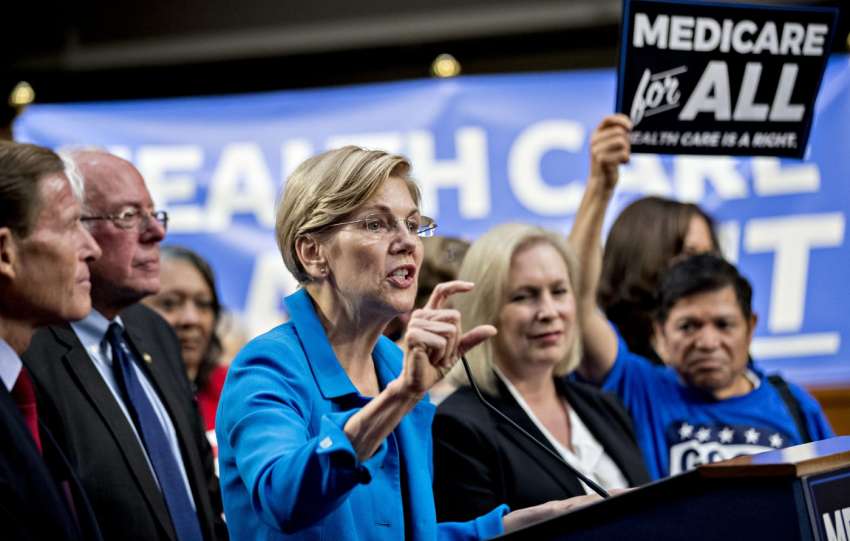Match.Com is in trouble!
The Federal Trade Commission is suing Match Group for allegedly using fake love interest ads to trick thousands of consumers into paying for a subscription to dating site match.com. Match Group is also the parent company of Tinder, OKCupid, Hinge, and 40 plus other dating sites.
The site lets people create profiles for free, but you need to pay for a subscription to respond to messages. Match sent emails to non-subscribers telling them they had received a response on the site. But the FTC said Wednesday that Match sent millions of emails about notices that came from accounts already flagged as likely fake. Those fake accounts created by fraudsters to entice new users to start paying for the service between 2013 and mid-2018. This made up a shocking 30% to 35% of members, according to the FTC. Instead of warning members that a message was likely part of a “romance scam,” Match would jump on the opportunity to get new people to sign up for a subscription through a follow-up ad, according to the lawsuit.
Prices for subscriptions vary, from $20-plus to $30-plus a month depending on the length of time users subscribe. There are also a variety of add-ons that can be bought. According to the FTC, nearly 500,000 people between June 2016 and May 2018 subscribed to Match.com after receiving communications from fake profiles. Well, that’s a huge number!
Sometimes the ad would come even with a coupon. For example, “2 women have shown interest in you this month! And best of all, PAY a 25% LESS when you subscribe today.” However, Match did prevent subscribers from getting an email from suspected fake accounts, the FTC says.
Many consumers purchased subscriptions because of these deceptive ads, hoping to meet a real user who might be “the one.” The FTC alleges that instead, these consumers often would have found a scammer on the other end. According to the FTC’s complaint, consumers came into contact with the scammer if they subscribed before Match completed its fraud review process. If Match completed its review process and deleted the account as fraudulent before the consumer subscribed, the consumer received a notification that the profile was “unavailable.” In either event, the consumer was left with a paid subscription to Match.com, as a result of a false advertisement.
Until mid-2019, match.com offered a free six-month subscription to anyone who didn’t “meet someone special” during the first six months on the platform. The program came with a lengthy list of rules, including that users had to submit their photo and have it approved by Match.com within seven days of purchasing their subscription. The FTC claims that between 2013 and 2016, people bought 2.5 million subscriptions, but only 32,438 received the subsequent free six months. Match.com allegedly billed 1 million people after their first six-month package ended to extend their subscription.
Specifically, the FTC alleges Match failed to disclose adequately that consumers must:
- Secure and maintain a public profile with a primary photo approved by Match within the first seven days of purchase.
- Message five unique Match.com subscribers per month.
- Use a progress page to redeem the free six months during the final week of the initial six-month subscription period.
The FTC alleges consumers often were unaware they would need to comply with additional terms to receive the free six months Match promised. As a result, consumers were often billed for a six-month subscription to Match.com at the end of the initial six months, instead of receiving the free six months of service they expected.
Unfair Billing Dispute Failure to Subscription Cancellation
Due to Match’s allegedly deceptive advertising, billing, and cancellation practices, consumers often disputed charges through their financial institutions. The complaint alleges that Match then banned these users from accessing the services they paid.
Although Match noted in its statement that the online cancellation process “generally takes less than a minute,” the FTC alleged that its “confusing and cumbersome cancellation process” burdened users, and in some cases, misled them into thinking they had cancelled their subscriptions when they had not.
The FTC alleges that Match violated the Restore Online Shoppers’ Confidence Act (ROSCA) by failing to provide a simple method for a consumer to stop recurring charges from being placed on their credit card, debit card, bank account, or other financial accounts. Each step of the online cancellation process—from the password entry to the retention offer to the final survey pages—confused and frustrated consumers and ultimately prevented many consumers from cancelling their Match.com subscriptions, the FTC contends.
 The Commission vote authorizing the staff to file the complaint was 4-0-1, with Chairman Joseph Simons recused. The complaint was filed in the U.S. District Court for the Northern District of Texas.
The Commission vote authorizing the staff to file the complaint was 4-0-1, with Chairman Joseph Simons recused. The complaint was filed in the U.S. District Court for the Northern District of Texas.
NOTE: The Commission files a complaint when it has “reason to believe” that the law has been or is being violated and it appears to the Commission that a proceeding is in the public interest. The court will decide the case.
Check it out here: https://www.ftc.gov/system/files/documents/cases/match_-_complaint.pdf
What’s Match’s response?
Match Group said it blocks 96% of bots and fake accounts within a day and that fraud isn’t good for business. It said in a statement that the FTC’s claims are “outrageous,” and it plans to “vigorously” defend itself in court.
They also said, “We intend to defend ourselves against these claims in court vigorously. The vast majority of the users that the FTC characterizes as ‘fraudulent’ are not romance scams or similar types of fraudsters, but spam, bots, and other users are attempting to use the service for their own commercial purposes.”
The online dating world is on fire. So next what?
Honestly, I wish I had an answer here. All the major dating platforms are suffering from the same problem. Can’t we have one decent matchmaking platform?
Have you ever faced such trouble? Kindly share your experience with us!







